Updated November 23, 2016, reviewed February 11, 2019
Arizona tax credit and incentive programs are generally divided by whether they target residential installations or non-residential industrial, commercial, agricultural, institutional, and governmental installations. The information presented below is an unofficial overview of financial incentives and other policies. It does not constitute professional tax advice or other professional financial guidance, and it should not be used as the only source of information when making purchasing decisions, investment decisions or tax decisions, or when executing other binding agreements. Please refer to the individual contact provided below each summary to verify that a specific financial incentive or other policy applies to your project.
Arizona Renewable Energy incentives
Arizona Residential Incentives
- Residential Solar and Wind Energy Systems Tax Credit (details below)
- Solar Water Heater Plumbing Stub Out and Electric Vehicle Charging Station Outlet (details below)
- Solar and Wind Equipment Sales Tax Exemption (details below)
- Energy Equipment Property Tax Exemption (details below)
Arizona Non-Residential Incentives
- Non-Residential Solar & Wind Tax Credit - Corporate and Personal (details below)
- Renewable Energy Production Tax Credit - Corporate and Personal (details below)
- Renewable Energy Business Tax Incentives (details below)
Residential Incentives
Arizona Residential Solar and Wind Energy Systems Tax Credit
This incentive is an Arizona personal tax credit. The credit amount allowed against the taxpayer's personal income tax is 25% of the cost of the system with a $1,000 maximum regardless of the number of energy devices installed.
The eligible technologies are Photovoltaics, Solar Water Heat, Passive Solar Space Heat, Solar Space Heat, Wind, Solar Ovens, Solar Cooling, Solar Pool Heating, and Daylighting. The system must be installed at the customer's residence.
Arizona tax credit forms and instructions for all recent years can be obtained at:
https://www.azdor.gov/Forms/Credits.aspx
The credit amount allowed against the taxpayer's personal income tax is 25% of the cost of the system with a $1,000 maximum regardless of the number of energy devices installed. This is a lifetime limit (started in 1995) and the prior year credits used are part of the data submitted. Start with Arizona Form 310 (2020 info used for reference), Enter the value of the solar energy device(s) on Line 2, 25% of that on Line 3, and the limit of $1,000 on Line 5. After calculations of any available carryovers from prior years (depends on the specific family tax history), the values on Lines 16-18 are taken to Arizona Form 301, Nonrefundable Individual Tax Credits and Recapture, line 4. Form 301 consolidates all your tax credits, etc., and the final credit (line 61) is entered on Form 140, line 51; or Form 140PY, line 61; or Form 140NR, line 60; or Form 140X, line 39.
Contact:
Tax Assistance
Arizona Department of Revenue
1600 W. Monroe
Phoenix, AZ 85007-2650
(602) 255-3381
(800) 352-4090
Web Site: www.azdor.gov
Arizona Credit for Solar Hot Water Heater Plumbing Stub Out and Electric Vehicle Charging Station Outlet
This $75 credit is provided for in Arizona Revised Statutes §§ 43-1090 and 43-1176 and is a nonrefundable individual and corporate income tax credits for the installation of solar hot water heater plumbing stub outs and electric vehicle recharge outlets in houses or dwelling units constructed by the taxpayer. The houses or dwelling units must be located in Arizona. Qualifying installations of solar hot water heater plumbing stub outs must meet certain requirements.
Qualifying installations of electric vehicle recharge outlets must be connected to the utility system by a dedicated line and also meet certain requirements that are spelled out in the instruction document (see link below). See Arizona Form 319 that in turn carries to Arizona Form 301.
Arizona tax credit forms and instructions for all recent years can be obtained at:
https://www.azdor.gov/Forms/Credits.aspx
Arizona Solar and Wind Equipment Sales Tax Exemption
This incentive is a state sales tax exemption. The exemption is for 100% of the sales tax on eligible equipment. The eligible technologies are Photovoltaics, Solar Water Heat, Solar Space Heat, Solar Thermal Electric, Passive Solar Space Heat, Wind, Solar Pool Heating, and Daylighting. Residential, Commercial, and General Public/Consumer installations are eligible and there is no maximum amount.
There is a requirement to register as a seller. Only registered sellers can use the sales tax (Transaction Tax) exemption.
See the form and the instructions on the form: Solar Energy Devices Application for Registration Form 6015.
Contact:
Tax Assistance
Arizona Department of Revenue
1600 W. Monroe
Phoenix, AZ 85007-2650
Phone: (602) 255-3381
Phone 2: (800) 352-4090
Web Site: www.azdor.gov
Arizona Energy Equipment Property Tax Exemption
This incentive is an Arizona property tax exemption. The exemption is for 100% of the increased value of the property from installing eligible energy systems. For property assessment and valuation purposes, the systems are considered to add no value. It applies to residential, commercial and industrial properties. Because investments in solar and other renewable energy systems add value, the exemption effectively provides a property tax break. Originally the exemption only applied to solar energy devices. The eligible renewable technologies include Photovoltaics, Solar Water Heat, Passive Solar Space Heat, Solar Space Heat, Solar Thermal Electric, Solar Thermal Process Heat, Solar Cooling, Solar Pool Heating, and Daylighting. In addition, other renewable energy technologies such as Wind, Biomass, and Geothermal Electric are eligible. Energy efficient building components are also eligible for the exemption.
Contact:
Tax Assistance
Arizona Department of Revenue
1600 W. Monroe
Phoenix, AZ 85007-2650
Phone: (602) 255-3381
Phone 2: (800) 352-4090
Web Site: www.azdor.gov
Non-Residential Incentives
Arizona Corporate Non-Residential Solar and Wind Tax Credit
This incentive is a Corporate Tax Credit. Note that the credit may be applied towards corporate or personal income taxes. There is a maximum credit of $25,000 for any one building in the same year and a total credit of $50,000 per business in any year. The credit is available to Agricultural, Commercial, Industrial, Nonprofit, Schools, and Institutional entities as well as, Local, State and Tribal Governments. There is no restriction on the size of the system however the program budget is $1 million annually. The eligible technologies include Photovoltaics, Solar Water Heat, Passive Solar Space Heat, Solar Space Heat, Solar Thermal Electric, Solar Thermal Process Heat, Solar Cooling, Solar Pool Heating, Wind, and Daylighting. Program expiration is set for 12/31/2018. To qualify for the tax credits, a business must submit an application to the Arizona Commerce Authority (ACA).
See our article Arizona Solar Devices: Guidelines for details
Contact:
Blanca Carrillo
Arizona Commerce Authority
Financial Incentive Programs
333 N. Central Ave., Suite 1900
Phoenix, AZ 85004
Phone: (602) 845-1235
Fax: (602) 845-1201
E-Mail: This email address is being protected from spambots. You need JavaScript enabled to view it.
Arizona Renewable Energy Production Tax Credit Corporate
This incentive is a Corporate Tax Credit for electricity produced by certain eligible renewable systems annually over a ten-year period. Note that the credit may be applied towards corporate or personal income taxes. The system size must be a minimum of 5 MW. It is applicable to systems installed after 12/31/2010. The eligible technologies are Photovoltaics, Solar Thermal Electric, Landfill Gas, Wind, and Biomass. The maximum incentive for any system is $2 million per year and the annual budget for the program is $20 million.
The tax credit for photovoltaics (PV) and solar thermal electric systems varies depending on the year of electricity production according to the following schedule:
Year 1: $0.04 per kWh
Year 2: $0.04 per kWh
Year 3: $0.035 per kWh
Year 4: $0.035 per kWh
Year 5: $0.03 per kWh
Year 6: $0.03 per kWh
Year 7: $0.02 per kWh
Year 8: $0.02 per kWh
Year 9: $0.01 per kWh
Year 10: $0.01 per kWh
The incentive amount for Wind and Biomass is $0.01/kWh, paid for 10 years.
2016 Program Guidelines:
www.azdor.gov/LinkClick.aspx?fileticket=FW9Ym9tAbMg%3d&tabid=316
The Renewable Energy Production Tax Credit is applied for using Arizona Form 343.
Arizona tax credit forms and instructions for all recent years can be obtained at:
https://www.azdor.gov/Forms/Credits.aspx
Contact:
Renewable Energy Production Tax Credit Program
Office of Economic Research & Analysis
Arizona Department of Revenue
P.O. Box 29099
Phoenix, AZ 85038
Web Site: www.azdor.gov
Questions can be directed to Georganna Meyer (602-716-6927) or Elaine Smith (602-716-6924).
Arizona Renewable Energy Business Tax Incentives
The purpose of this incentive is to draw renewable energy product manufacturers to Arizona. Commercial and industrial entities are eligible. The eligible solar energy technologies are Photovoltaics, Solar Water Heat, Solar Thermal Electric, Solar Thermal Process Heat, and Solar Pool Heating. A number of other renewable technologies are eligible including Wind, Biomass, Hydroelectric, and Fuel Cells using Renewable Fuels.
The tax credit is up to 10% of the investment amount but there is no limit on individual property tax reductions offered as incentives to help convince a manufacturer of renewable energy products to locate in Arizona. The total tax credits that may be approved state-wide in one taxable year is $70 million. The program began 1/1/2010 and is set to expire 12/31/2019.
There are complex stipulations about qualifying for the incentives and the potential investor should seek further details at:
2013 Program Guidelines (still effective 2016):
www.azcommerce.com/media/32094/RETIPGuidelines.pdf
This starts with Form 342: Credit for Renewable Energy Industry
Arizona tax credit forms and instructions for all recent years can be obtained at:
https://www.azdor.gov/Forms/Credits.aspx
Contact:
Renewable Energy Tax Incentives Program
Arizona Commerce Authority
333 N. Central Ave., Suite 1900
Phoenix, AZ 85004
Web Site:www.azcommerce.com/incentives/renewable-energy-tax-incentive
Questions regarding Renewable Energy Tax Incentives can be directed to This email address is being protected from spambots. You need JavaScript enabled to view it.
Disclaimer: The Arizona Solar Center disclaim all liability of any kind arising out of your use or misuse of the information contained or referenced on the Solar Center web pages.
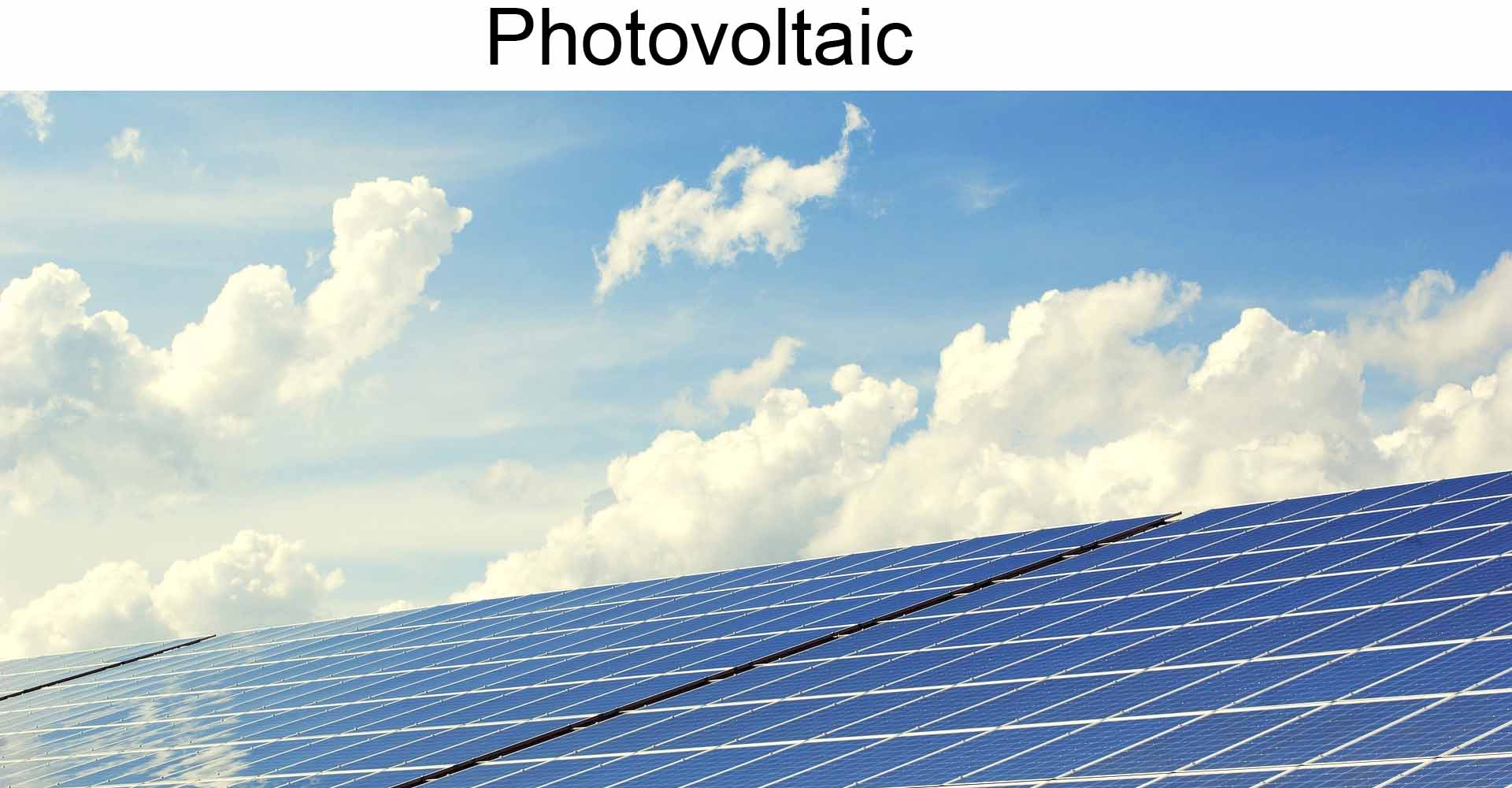



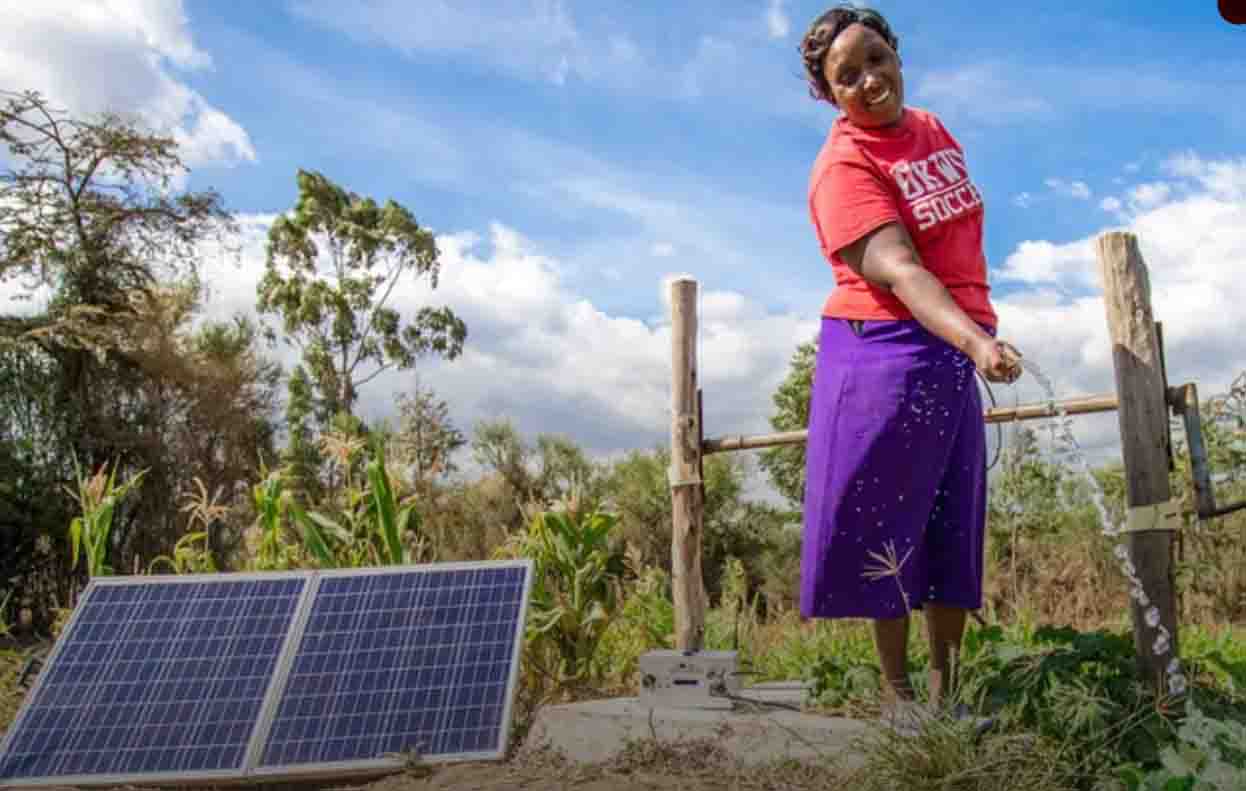

























































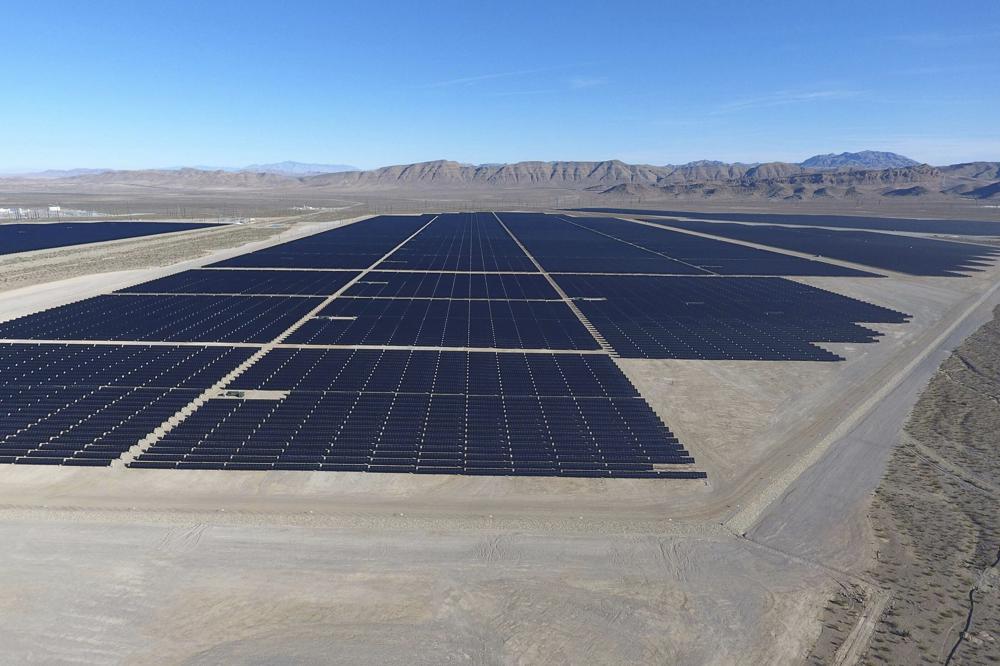


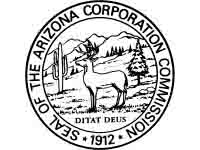




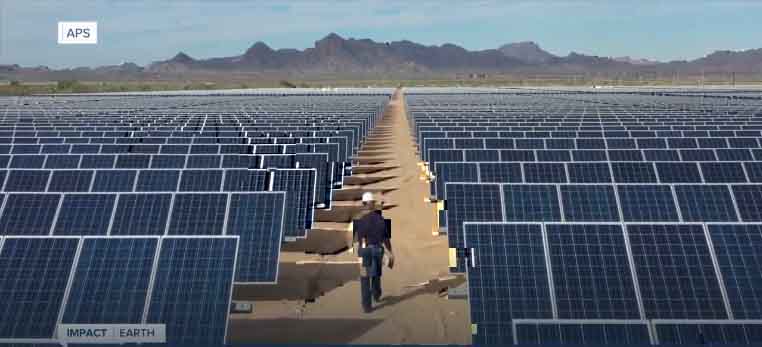 APS has several large photovoltaic (PV) systems in the desert outside Gila Bend, Arizona. They are now adding energy storage systems to some of these PV systems. There is a good article about these on ABC15.com
APS has several large photovoltaic (PV) systems in the desert outside Gila Bend, Arizona. They are now adding energy storage systems to some of these PV systems. There is a good article about these on ABC15.com
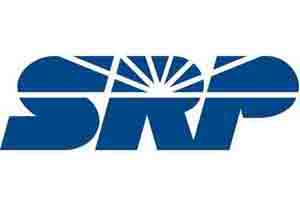
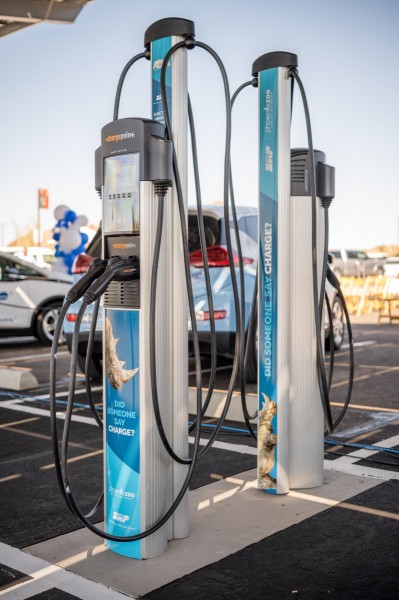
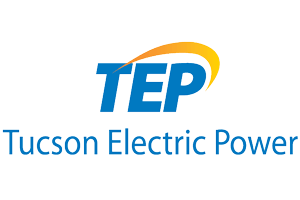
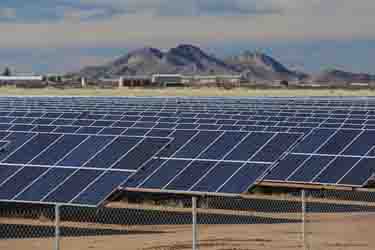
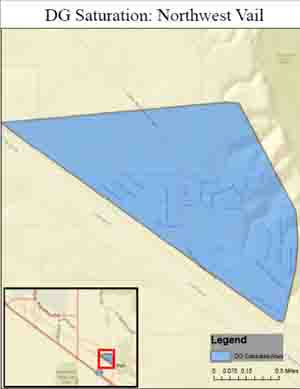

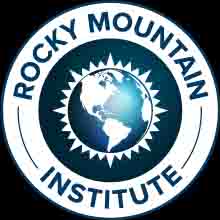 Battery Storage Costs Drop Dramatically, Making Way to a New Era. A recent Rocky Mountain Institute (RMI) report continues to confirm that clean electrification through batteries is advancing at impressive rates. Very interesting report: Breakthrough Batteries- Powering the Era of Clean Electrification
Battery Storage Costs Drop Dramatically, Making Way to a New Era. A recent Rocky Mountain Institute (RMI) report continues to confirm that clean electrification through batteries is advancing at impressive rates. Very interesting report: Breakthrough Batteries- Powering the Era of Clean Electrification 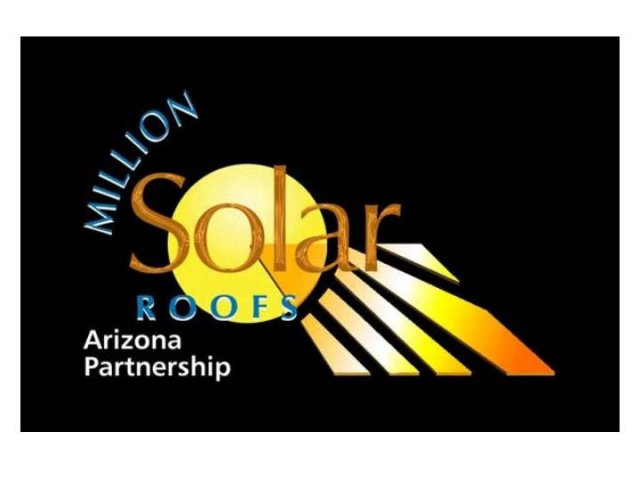
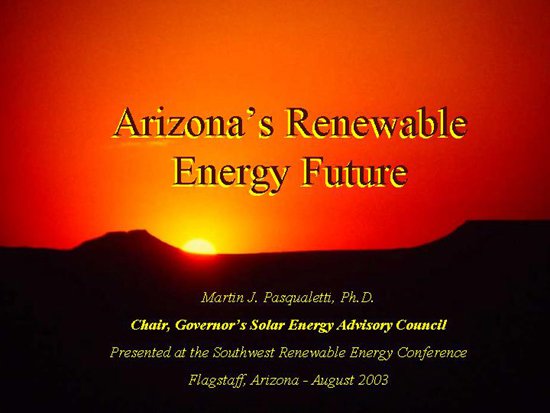
 Arizona Solar Center Mission- The mission of the Arizona Solar Center is to enhance the utilization of renewable energy, educate Arizona's residents on solar technology developments, support commerce and industry in the development of solar and other sustainable technologies and coordinate these efforts throughout the state of Arizona. About the Arizona Solar Center- The Arizona Solar Center (AzSC) provides a broad-based understanding of solar energy, especially as it pertains to Arizona. Registered
Arizona Solar Center Mission- The mission of the Arizona Solar Center is to enhance the utilization of renewable energy, educate Arizona's residents on solar technology developments, support commerce and industry in the development of solar and other sustainable technologies and coordinate these efforts throughout the state of Arizona. About the Arizona Solar Center- The Arizona Solar Center (AzSC) provides a broad-based understanding of solar energy, especially as it pertains to Arizona. Registered